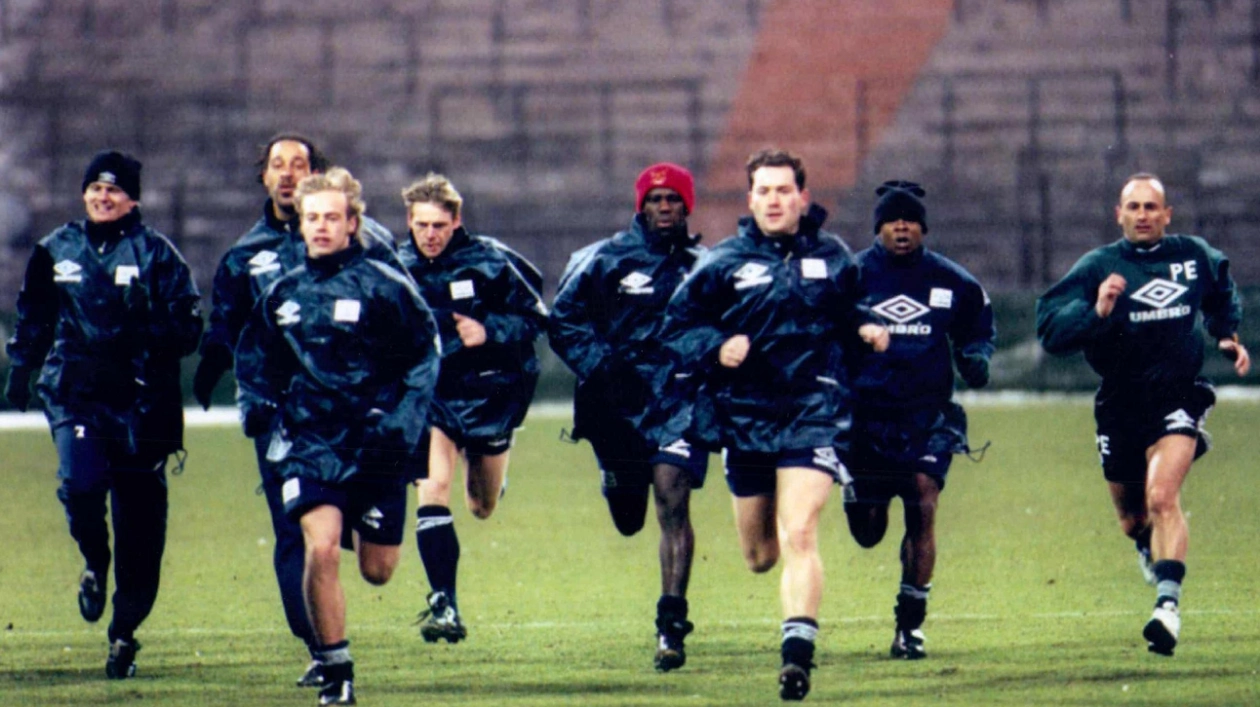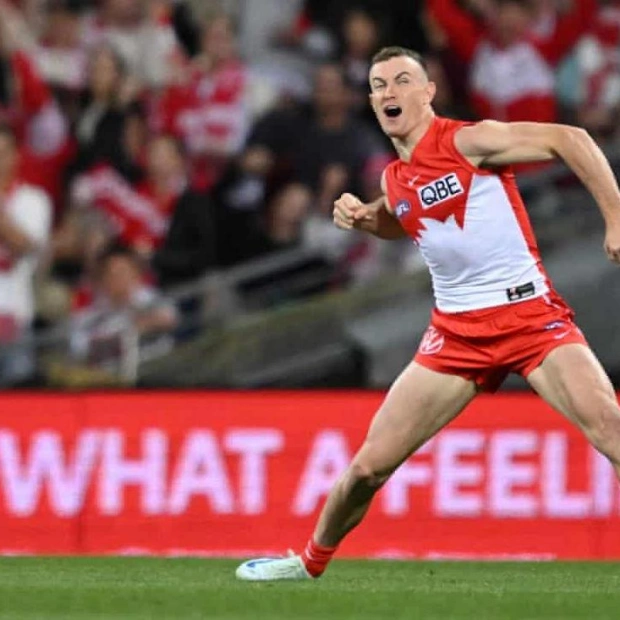In football, some individuals make headlines, while others work quietly behind the scenes to make those headlines possible. Pete Edwards, Nottingham Forest’s head of performance during the era when Stan Collymore and Bryan Roy dominated the Premier League, falls into the latter category. As Nuno Espírito Santo’s current team strives for European qualification, reminiscent of the club’s golden years, it’s difficult to envision them matching the achievements of the Forest squad from three decades ago, which finished third immediately after promotion. Manager Frank Clark revitalized the club post-Brian Clough, but according to many from that 1994-95 squad, it was Edwards who was the driving force behind their success.
Arsène Wenger is often credited with introducing continental European methods to English football, particularly his focus on nutrition and advanced training techniques at Arsenal starting in 1996. However, Edwards—hired by Clark prior to Forest’s 1993-94 promotion season—was already pioneering these changes. Having begun his career at Arsenal, Edwards traveled to Lazio and Juventus during the 1990s, when Serie A was the pinnacle of world football. He implemented personalized training plans, individual diets, and double training sessions in English football, a stark contrast to the more relaxed routines of the time.
While enhancing his expertise by learning from Italian coaches, including Gian Piero Ventrone at Juventus in 1995, Edwards received “carte blanche” from Clark to meticulously plan the squad’s preparation and manage player workloads to minimize injuries. Fitness, flexibility, and strength training were meticulously tailored to complement on-pitch activities. “There was a lot of trust placed in me,” recalls Edwards, whose title at Forest was head of performance and fitness. That 1994-95 season saw them finish behind Manchester United and champions Blackburn, with memorable victories such as 2-1 at Old Trafford and 4-1 at White Hart Lane.
Years earlier, a chance encounter with Arsenal assistant Steve Burtenshaw led Edwards to observe a training session at Highbury. Impressed by the conditioning of Edwards’ Kingsbury Town players during a friendly, George Graham offered him a role with the first team. “I decided I needed to delve deeper into training, preparation, and diet,” Edwards says, which eventually led him to Italy for further learning.
A subsequent role at Leyton Orient introduced him to future Forest boss Frank Clark. Under Edwards’ guidance, Orient improved their league position with structured warm-ups and timed training sessions. When Clark moved to Nottingham, he brought Edwards along, recognizing the need to improve the fitness levels of players inherited from Clough. “It will take time,” Clark warned Edwards, acknowledging the players’ accustomed routines.
Edwards’ first training session at Forest included legends like Roy Keane, Stuart Pearce, and Nigel Clough. Despite initial resistance from Keane, Edwards’ hands-on approach won the players over. Keane and Clough eventually moved on, but Pearce remained a key ally. Early struggles in the 1993-94 season led to player complaints, but Pearce’s support helped solidify the new regime.
Edwards’ impact was profound, from convincing Clark to install a rudimentary gym at the City Ground to introducing stretching sessions and ice baths. His dedication included a daily 240-mile commute from Hertfordshire. The 1995-96 UEFA Cup run ended in defeat by Bayern Munich, and after Clark’s departure, Edwards occasionally handled media duties under new player-manager Pearce.
From accidental ski slope runs during pre-season to memorable encounters with football icons, Edwards’ anecdotes reflect a career rich in experience. He remains active in football, currently involved with Crystal Palace’s academy. Edwards believes modern football’s physical demands are comparable to the past, attributing current injury rates to over-training. “The physical demands are more or less the same,” he asserts. “Injuries come from training. Coaches must know when to stop and rest players. It’s all about planning.”
Within football, particularly within that Forest squad, Edwards’ influence is widely acknowledged. Collymore affectionately refers to him as “the Godfather.” While Wenger’s legacy is undeniable, his Arsenal tenure continued an evolution in English football that had already begun.
Source link: https://www.theguardian.com






